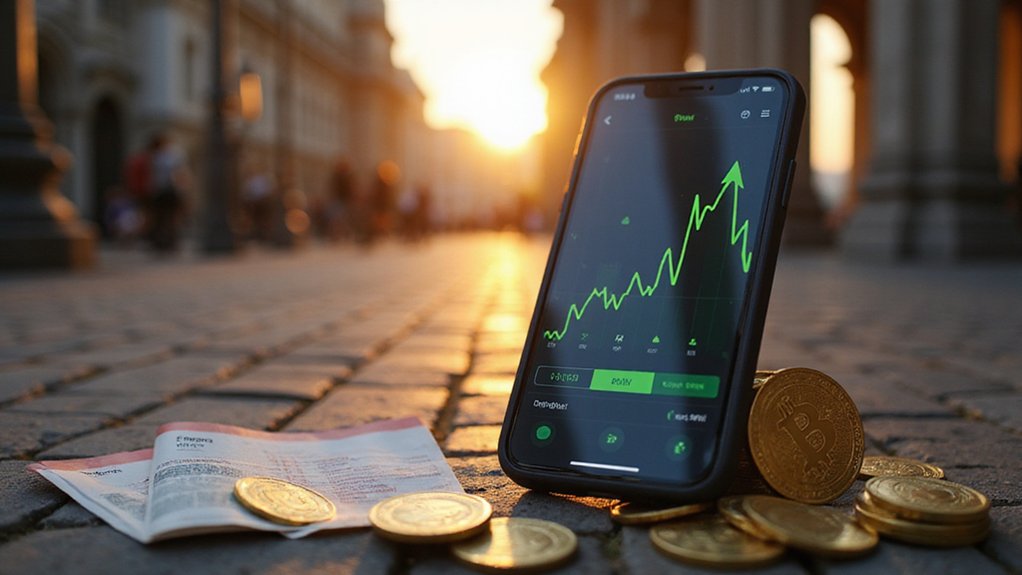In what amounts to a regulatory milestone that would have seemed fantastical to Dubai’s financial architects just a decade ago, the Dubai Financial Services Authority has granted approval to the QCD Money Market Fund—the first tokenized money-market fund to receive formal blessing within the Dubai International Financial Centre.
A decade ago, Dubai’s financial regulators would have dismissed tokenized money-market funds as pure fantasy—now they’re approving them.
This development represents more than bureaucratic box-checking; it signals the UAE’s calculated march toward legitimizing blockchain-based financial instruments while traditional markets elsewhere remain paralyzed by regulatory uncertainty.
The fund’s structure reveals Dubai’s pragmatic approach to financial innovation. Qatar National Bank, hardly a cryptocurrency startup operating from a garage, co-founded the initiative and assumes responsibility for investment strategy and asset origination.
DMZ Finance provides the blockchain infrastructure—a partnership that exemplifies how established financial institutions are quietly embracing distributed ledger technology rather than dismissing it as speculative noise. By eliminating traditional intermediaries, tokenization reduces transaction costs and friction while enhancing liquidity through continuous trading capabilities.
What makes this approval particularly significant is its timing alongside Dubai’s broader tokenization experiment. The Dubai Land Department launched MENA’s first tokenized real estate project through Prypco Mint in May 2025, generating $399 million in sales across 18,700 transactions.
The platform’s fractional ownership model, with minimum investments around AED 2,000 (~$545), democratizes access to Dubai’s notoriously exclusive property market—though whether this represents genuine financial inclusion or simply creates new ways to extract fees remains an open question.
The regulatory framework undergirding these developments appears surprisingly robust. VARA’s updated Virtual Asset Issuance Rulebook mandates Category 1 licenses, detailed white papers, and capital reserves of AED 1.5 million or 2% of assets—requirements that should satisfy even the most paranoid compliance officer.
These measures have attracted institutional interest, including a $3 billion tokenization agreement for luxury properties. The Dubai Land Department’s ambitious projections suggest the tokenized real estate market could reach $16 billion by 2033, reflecting confidence in the technology’s long-term adoption potential. The initiative represents a cornerstone of Dubai’s broader vision to achieve a fully integrated digital economy through the Dubai Economic Agenda D33.
Market reception has been extraordinary, bordering on frenzied. Prypco Mint’s inaugural tokenized real estate offering sold out in under two minutes to 149 investors from 35 nationalities, creating a waiting list exceeding 10,700 potential participants.
Such enthusiasm suggests either genuine market demand or the kind of speculative fervor that typically precedes spectacular crashes—though Dubai’s regulators seem confident they’ve constructed adequate guardrails around this particular financial experiment.









